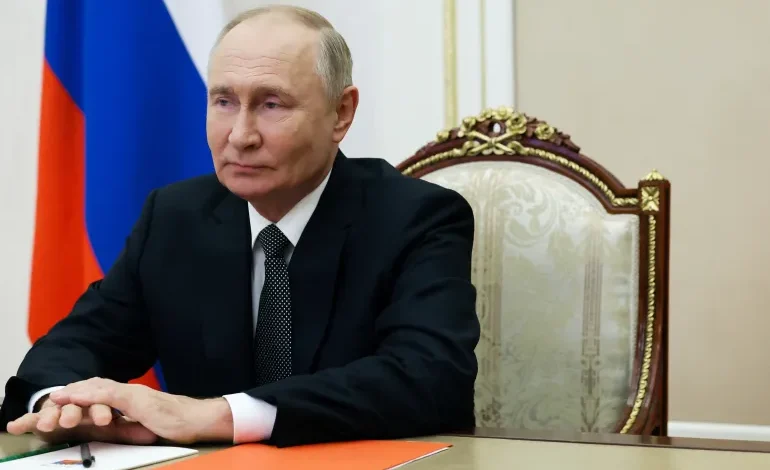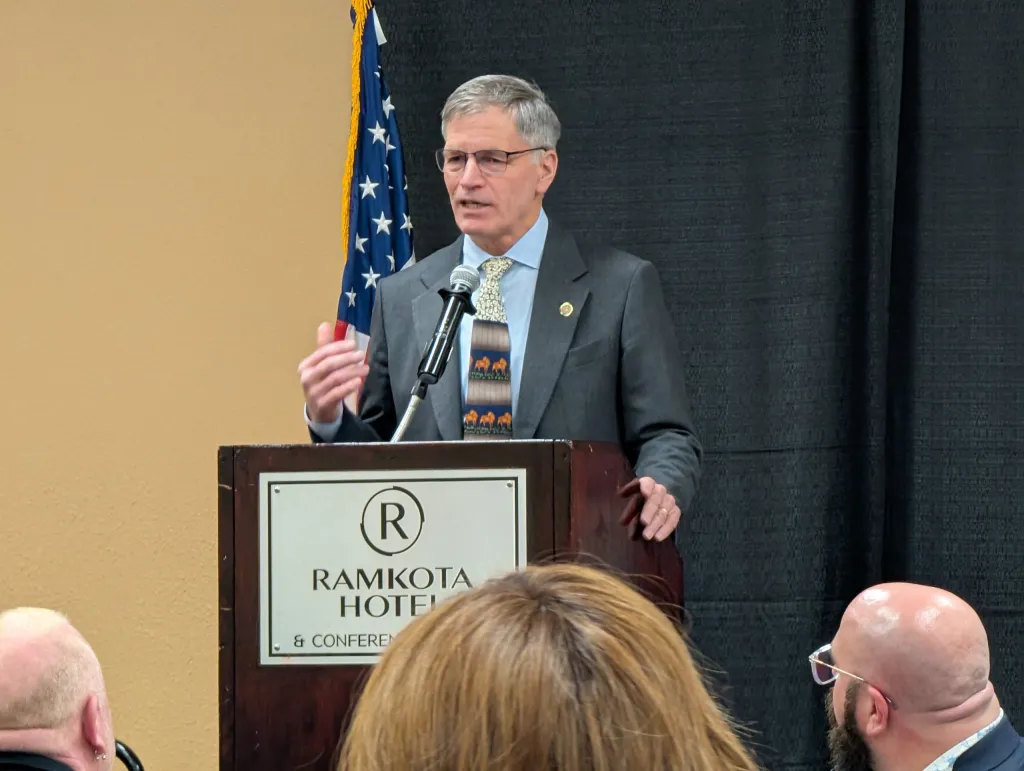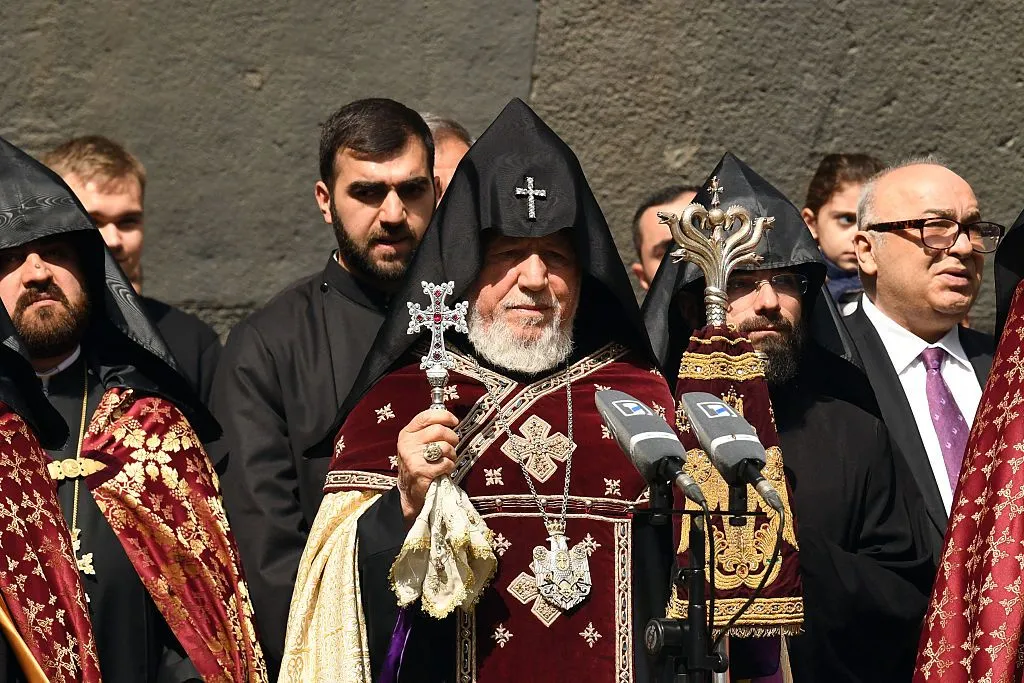Putin Reiterates Moscow’s Goal to Protect Russian-Speaking Population in Ukraine from “Neo-Nazis”

Russian President Vladimir Putin has reiterated that Russian forces are protecting Russian speakers from a “neo-Nazi dictatorship,” Al Jazeera reports.
In a video message released Monday, Putin declared that all of Russia’s war aims would be “achieved,” asserting that “the truth is on our side.”
He accused the Ukrainian government of seeking to “sever Russian speakers forever from their historic Motherland, from Russia.”
Putin said that “Western elites” have transformed Ukraine into a “colony” and a “military outpost aimed at Russia,” systematically instilling hatred and nationalism and fueling hostility towards Russia. He blamed the West for supplying weapons and mercenaries to prepare Ukraine for a new war, claiming they aimed to launch “a punitive operation in the southeast” similar to the events of 2014.
These accusations echo Putin’s repeated claims that Russia’s war aims include Ukraine’s “demilitarization,” “denazification,” and neutrality.
Ukrainian President Volodymyr Zelenskyy has been pushing the Western countries to provide more military aid to Ukraine, including air defense systems.









The latest news in your social feeds
Subscribe to our social media platforms to stay tuned